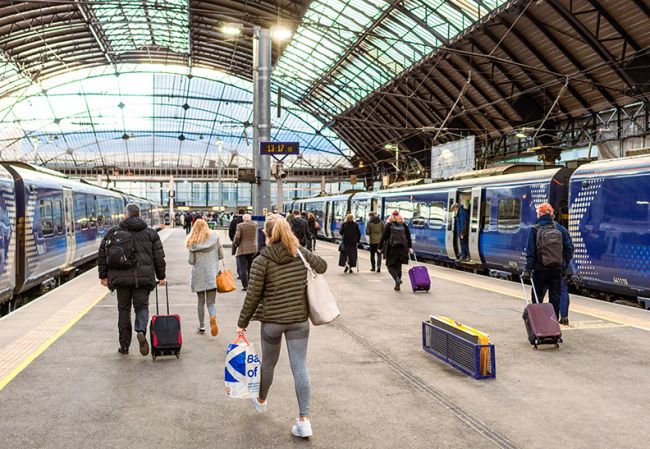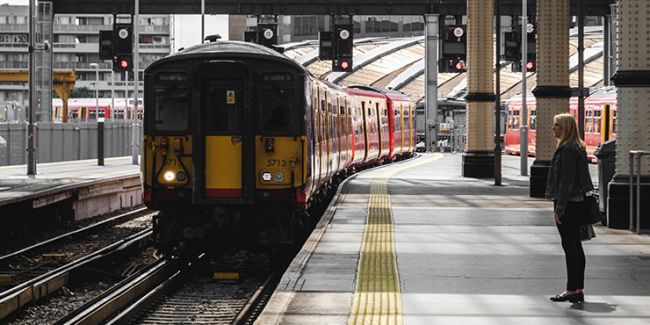New strategies for commercial rail
Here we examine a number of techniques which can assist owners and operators in their management.
Compared to other transportation systems, rail systems involve a complex interaction of demand, schedule design, operations, vehicles and infrastructure, which requires careful management to prevent problems across the system. Here we examine a number of techniques which can assist owners and operators in their management.
Population, lifestyles and travel behavior are changing and increasingly people are looking for alternatives to the automobile. This presents an opportunity for rail and other transit providers but it also requires new thinking based on a clear understanding of the requirements and preferences of potential riders.
Integrated fares and multimodal tickets, common in Europe, can attract additional riders and allow them to buy one ticket covering not only rail but also all their own local transportation needs for a journey, day, week, month or year. The traveler sees a “one-stop-shop” and, while these can require significant back office effort to divide the revenues between operators, mobile and smart electronic ticketing can minimize the administrative effort. These new technologies provide us with much more detailed and cost effective analysis of travel demand, including how passengers combine modes to make whole journeys, upon which we can base modifications to service programs.
Schedules can be improved by designing better rolling stock stop patterns, such as where two separate trains are replaced by one train, which splits into sections at junctions to serve two routes.
Time spent waiting for a train is perceived to be significantly less attractive than time spent riding the train. This often suggests a focus on minimizing waiting time rather than just journey time, which can be achieved through integrated and coordinated scheduling. This can help trains run as frequently as possible and only as fast as necessary.
Systems optimized with this scheduling technique have symmetrical timetables with coordinated feeder service schedules.
New rolling stock offers improved customer comfort and amenities and can also help reduce costs and make rail even more efficient. Lighter vehicles, consuming less energy and creating less wear and tear on the infrastructure, will help increase efficiency, extend lifecycles and reduce track maintenance costs.
In some countries, authorities are defining schedule frameworks with train routes and service frequencies and asking private sector bidders to provide the services. This requires the separation of infrastructure and service operation but helps separate and allocate costs and revenues to services and routes. Better information on costs and revenues helps inform and make the case for strategic investment.










